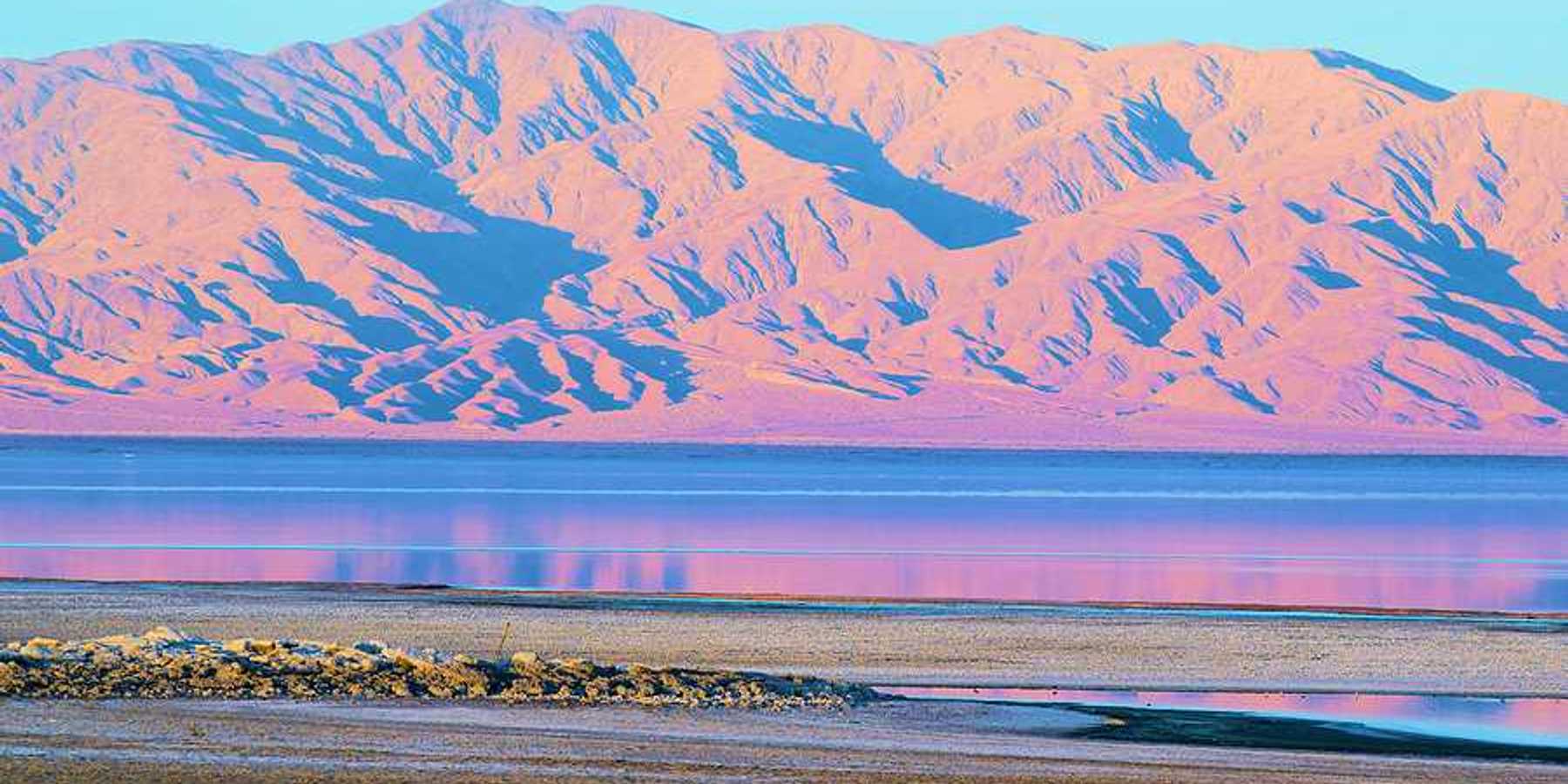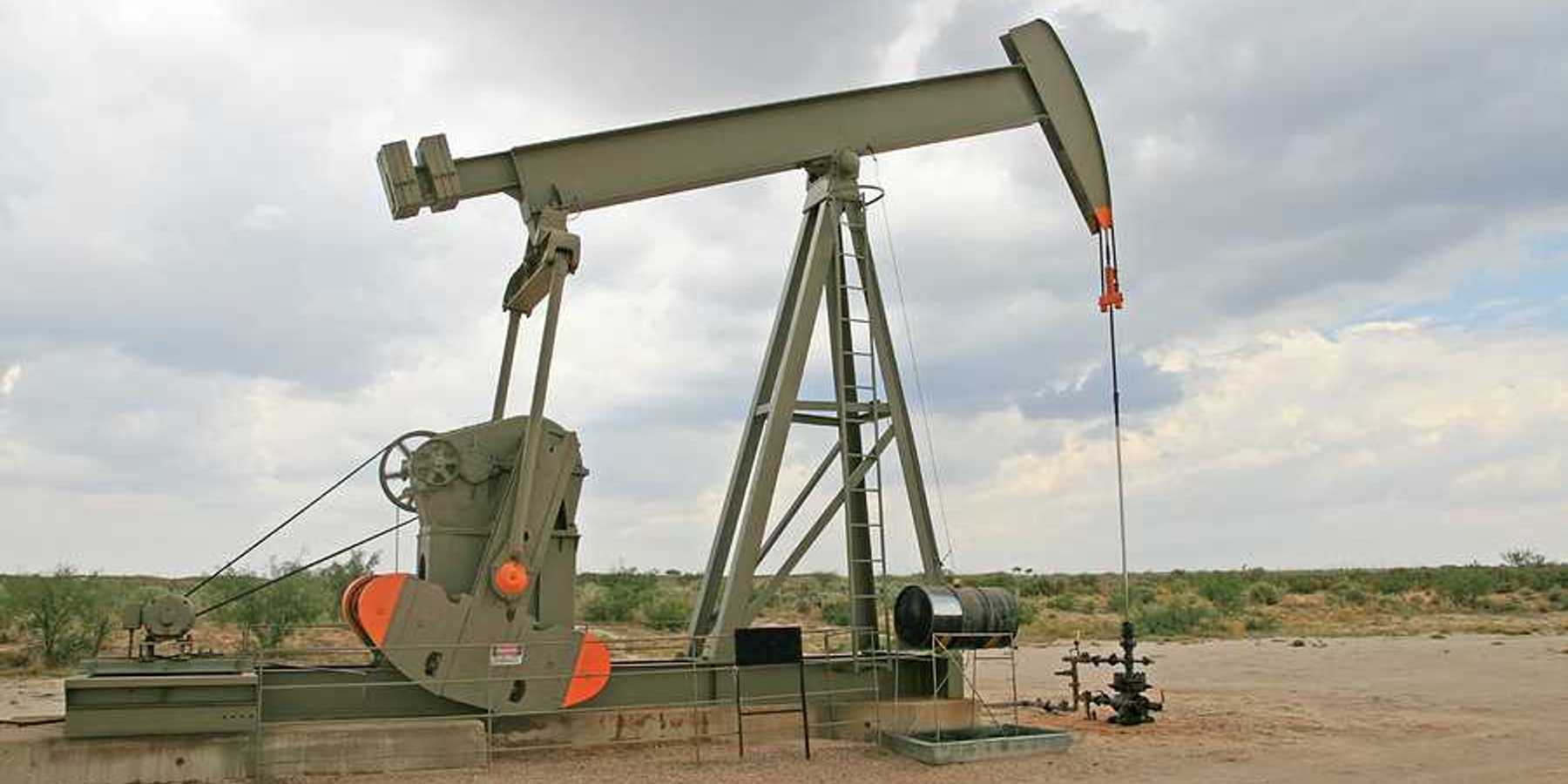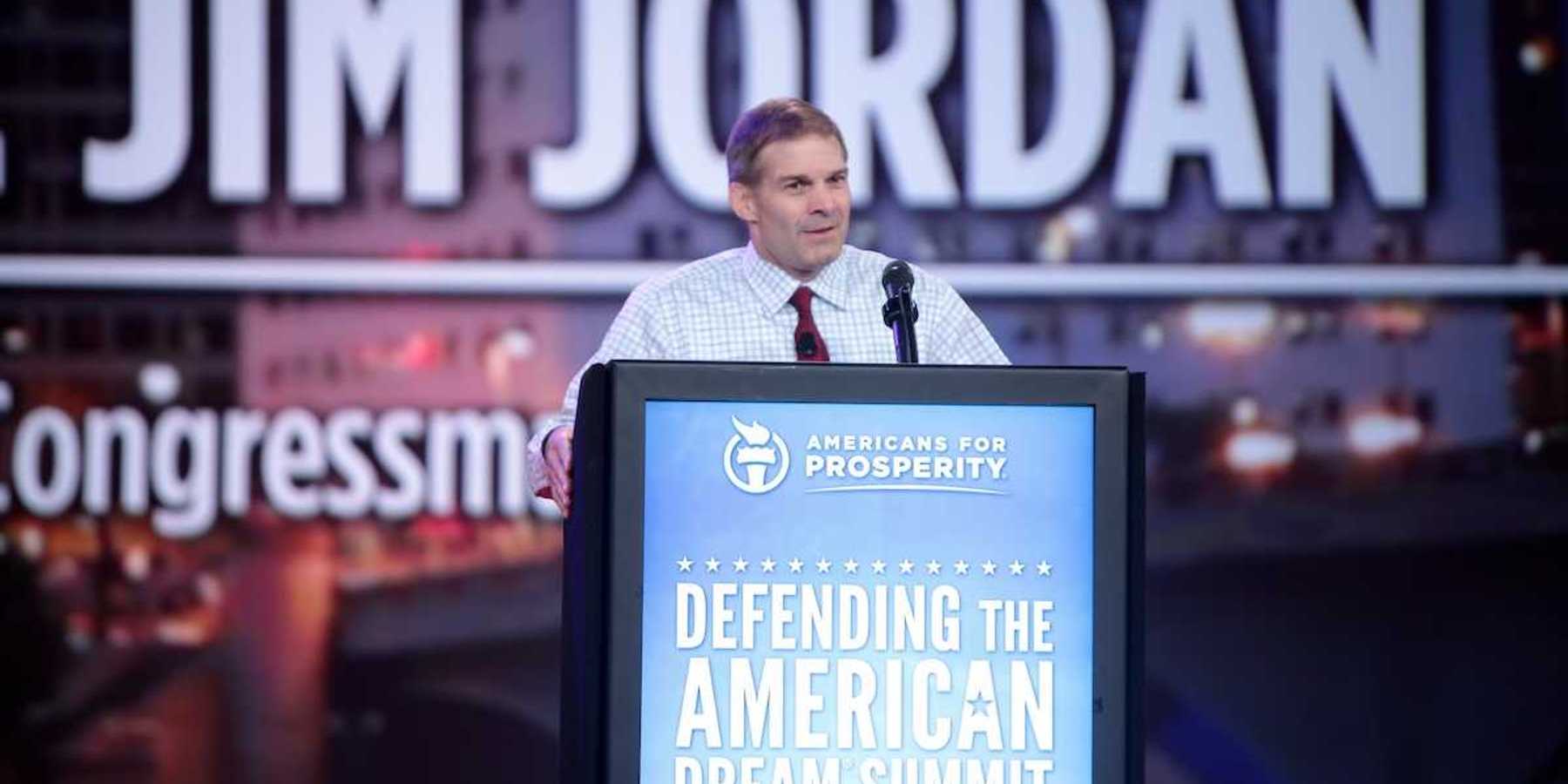Colorado River Indian Tribes gain control of their water rights
The Colorado River Indian Tribes have secured an agreement that allows them to manage their water allocation beyond their lands, aiming to address regional drought issues.
Noel Lyn Smith reports for Inside Climate News.
In short:
- The agreement enables the tribes to lease, exchange, or store Colorado River water, marking a shift from previous federal limitations.
- The tribe plans to use the revenue from water management to improve infrastructure and support agricultural projects.
- Leaders of the tribe and state officials celebrated the new pact as a significant advancement for tribal sovereignty and regional water stability.
Key quote:
"The agreement will enable CRIT to continue leading with collaborative strategies in support of the resilience of the Colorado River."
— Deb Haaland, Secretary of the Interior
Why this matters:
This agreement strengthens the tribe's control over their resources and plays an important role in sustainable water management across the Southwest. This could lead to more judicious and perhaps more environmentally conscious water management. Tribes like the CRIT have a deep-rooted cultural connection to their land and natural resources, often embracing stewardship that prioritizes ecological balance. Their involvement in water management could introduce or amplify practices focused on conservation and sustainable use, vital in a region repeatedly stressed by drought and overuse.
Related: In 2023, The federal government decided that while the Navajo Nation does have water rights, established by Winters Doctrine, it will not help the Nation assert those rights.













